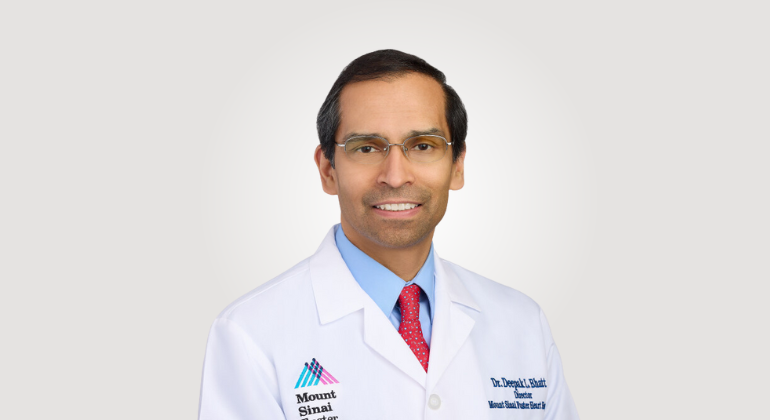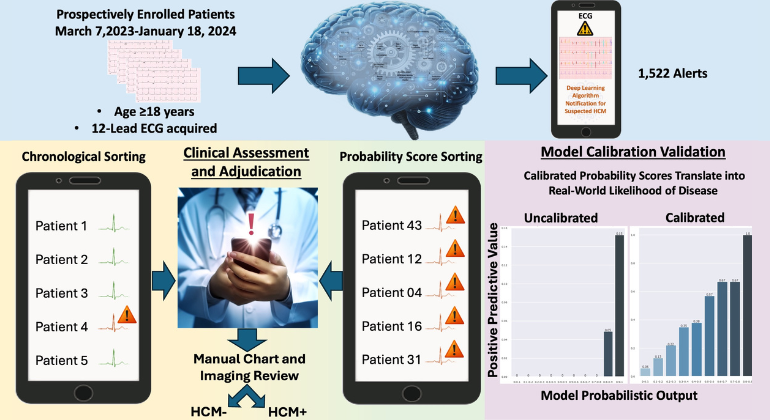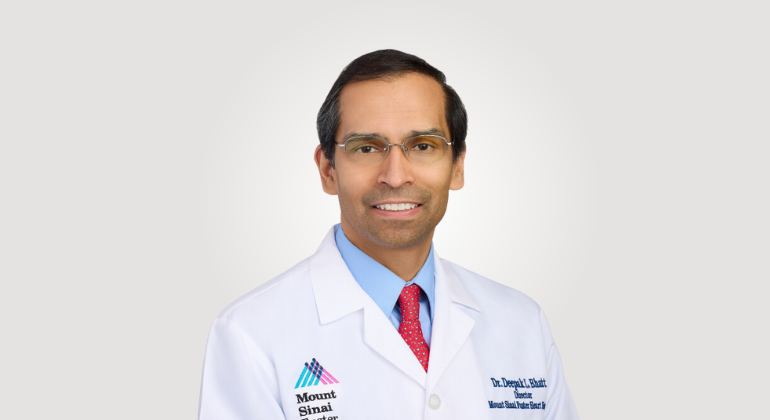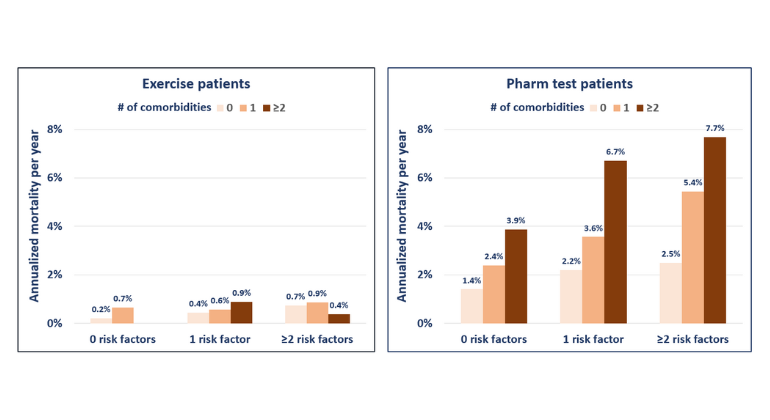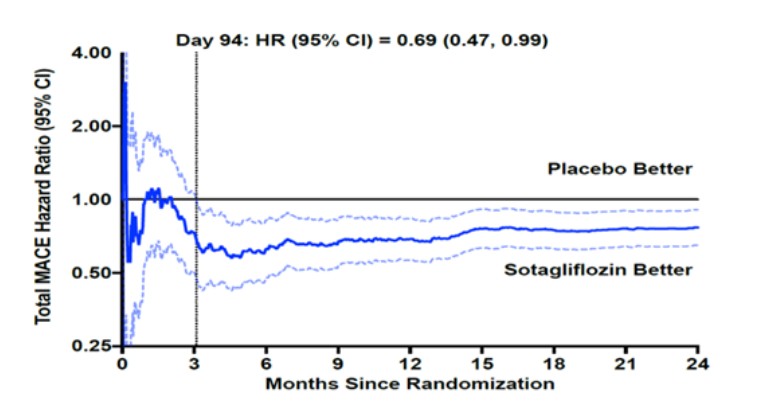New Research Shows $6.7 Billion Spent on Unnecessary Tests and Treatments in One Year
Mount Sinai researchers find that 86 percent of the costs are attributed to the prescription of brand-name statins to treat high cholesterol.
Researchers at Mount Sinai School of Medicine have found that $6.7 billion was spent in one year performing unnecessary tests or prescribing unnecessary medications in primary care, with 86 percent of that cost attributed to the prescription of brand-name statins to treat high cholesterol. The findings are published in a research letter in the October 1 Online First issue of Archives of Internal Medicine, one of the JAMA/Archives journals.
Led by Minal Kale, MD, a postdoctoral fellow in the Division of Internal Medicine in the Department of Medicine at Mount Sinai School of Medicine, the research team reviewed findings from a study published in the May 2011 issue of Archives of Internal Medicine, which identified the top five most overused clinical activities in each of three primary care specialties: pediatrics, internal medicine, and family medicine. With this information, they performed a cross-sectional analysis of separate data that were pulled from the National Ambulatory Medical Care Survey and the National Hospital Ambulatory Medical Care Survey. They found more than $6.7 billion was spent in excess healthcare spending in the primary care setting in 2009. Eighty-six percent, or more than $5.8 billion of the unnecessary spending, resulted from the prescribing of brand-name statins rather than generic versions.
"Our analysis shows astronomical costs associated with prescribing of brand name statins when effective, generic alternatives were available. Efforts to encourage prescribing of generics clearly have not gone far enough," said Dr. Kale. "Additionally, millions are spent on unnecessary blood work, scans, and antibiotic prescriptions. Significant efforts to reduce this spending are required in order to stem these exorbitant activities."
The remaining costs were attributable to the following:
- During physical exams, more than half of complete blood work ordered was not needed, resulting in more than $32 million in excess costs;
- Unnecessary bone density scans in younger women accounted for more than $527 million;
- CT scans, MRIs, or X-Rays in people presenting with back pain accounted for $175 million in excess healthcare costs;
- Over-prescription of antibiotics for sore throat in children, excluding cases of strep throat or fever, accounted for $116 million in unnecessary costs;
- Other excess costs included needless annual echocardiograms, urine testing, pap tests, and pediatric cough medicine prescriptions.
"We found considerable variability in the frequency of inappropriate care, however our data show that even activities with small individual costs can contribute substantially to overall healthcare costs," said Dr. Kale. "In light of the current healthcare reform debate, we need more research examining how overuse contributes to healthcare spending. Research might focus on the potential role of reimbursement, defensive medicine practices, or lack of adherence to guidelines."
The authors note that the analysis is limited to the data provided by the surveys and that they were conservative in their assessments. They conclude that this type of analysis should be extended to medical specialties outside of primary care and that physicians should make efforts in their own practices to evaluate costs and reduce them where necessary in order to achieve affordable, high-quality care.
About The Mount Sinai Medical Center
The Mount Sinai Medical Center encompasses both The Mount Sinai Hospital and Mount Sinai School of Medicine. Established in 1968, Mount Sinai School of Medicine is one of the leading medical schools in the United States. The Medical School is noted for innovation in education, biomedical research, clinical care delivery, and local and global community service. It has more than 3,400 faculty in 32 departments and 14 research institutes, and ranks among the top 20 medical schools both in National Institutes of Health (NIH) funding and by U.S. News & World Report.
The Mount Sinai Hospital, founded in 1852, is a 1,171-bed tertiary- and quaternary-care teaching facility and one of the nation’s oldest, largest and most-respected voluntary hospitals. In 2011, U.S. News & World Report ranked The Mount Sinai Hospital 16th on its elite Honor Roll of the nation’s top hospitals based on reputation, safety, and other patient-care factors. Of the top 20 hospitals in the United States, Mount Sinai is one of 12 integrated academic medical centers whose medical school ranks among the top 20 in NIH funding and U.S. News & World Report and whose hospital is on the U.S. News & World Report Honor Roll. Nearly 60,000 people were treated at Mount Sinai as inpatients last year, and approximately 560,000 outpatient visits took place.
For more information, visit http://www.mountsinai.org/.
Find Mount Sinai on:
Facebook: http://www.facebook.com/mountsinainyc
Twitter @mountsinainyc
YouTube: http://www.youtube.com/mountsinainy
About the Mount Sinai Health System
Mount Sinai Health System is one of the largest academic medical systems in the New York metro area, with 48,000 employees working across seven hospitals, more than 400 outpatient practices, more than 600 research and clinical labs, a school of nursing, and a leading school of medicine and graduate education. Mount Sinai advances health for all people, everywhere, by taking on the most complex health care challenges of our time—discovering and applying new scientific learning and knowledge; developing safer, more effective treatments; educating the next generation of medical leaders and innovators; and supporting local communities by delivering high-quality care to all who need it.
Through the integration of its hospitals, labs, and schools, Mount Sinai offers comprehensive health care solutions from birth through geriatrics, leveraging innovative approaches such as artificial intelligence and informatics while keeping patients’ medical and emotional needs at the center of all treatment. The Health System includes approximately 9,000 primary and specialty care physicians and 11 free-standing joint-venture centers throughout the five boroughs of New York City, Westchester, Long Island, and Florida. Hospitals within the System are consistently ranked by Newsweek’s® “The World’s Best Smart Hospitals, Best in State Hospitals, World Best Hospitals and Best Specialty Hospitals” and by U.S. News & World Report's® “Best Hospitals” and “Best Children’s Hospitals.” The Mount Sinai Hospital is on the U.S. News & World Report® “Best Hospitals” Honor Roll for 2024-2025.
For more information, visit https://www.mountsinai.org or find Mount Sinai on Facebook, Instagram, LinkedIn, X, and YouTube.

Mount Sinai Surgeons Perform First Heart-Liver-Kidney Transplants in New York State
May 20, 2025 View All Press Releases
Changes in Microbiome Predict Risk for Sexually Transmitted Disease
Jan 15, 2025 View All Press Releases
